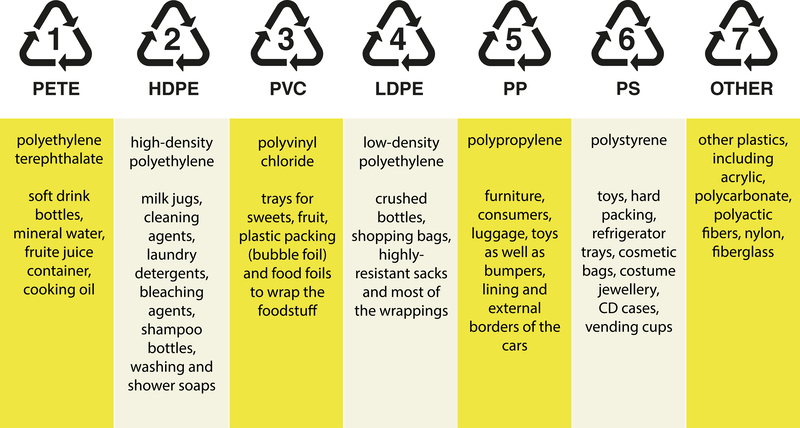Recycling Habits at Work
Posted on 05/06/2025
Recycling is more than just an environmental buzzword; it's a crucial practice for sustainable living. In recent years, workplace recycling has gained significant importance. Companies are increasingly recognizing the need to maximize resources while minimizing waste, thanks to stringent environmental regulations and the rising consciousness of eco-friendly practices among employees. But how can organizations effectively encourage recycling habits at work?
The Importance of Recycling at Work
Recycling at work is vital for several reasons. Firstly, it significantly reduces the amount of waste heading to landfills, which are rapidly reaching capacity. Secondly, recycling helps save energy and natural resources. For instance, recycling paper saves trees, and recycling metals saves raw materials and energy. Finally, a robust recycling program can enhance a company's image, making it more appealing to environmentally conscious clients and employees.

Steps to Implement a Recycling Program
Creating an effective recycling program involves several straightforward steps. Here are some key components:
1. Audit Your Waste: Understand the types and amounts of waste your workplace produces. This can be achieved by conducting a waste audit.
2. Set Up Recycling Stations: Place clearly labeled recycling bins in accessible areas, such as break rooms and near printers.
3. Educate Employees: Conduct training sessions or distribute informational materials to inform employees about what can and cannot be recycled.
4. Monitor and Improve: Regularly review the recycling program's effectiveness and make necessary adjustments.
Overcoming Common Challenges
One of the significant hurdles in promoting recycling at work is employee participation. To tackle this, you can incentivize recycling through rewards or recognition programs. Another common challenge is contamination, where non-recyclable materials end up in recycling bins. Clear labeling and employee education can help overcome this issue.
How Technology Can Help
Technological advancements are making recycling more efficient. For instance, smart bins equipped with sensors can monitor waste levels and notify management when they're full, thereby optimizing waste collection schedules. Some offices also use apps that provide real-time data on recycling efforts, helping to track progress and identify areas for improvement.
Benefits of Recycling at Work
Workplace recycling offers many benefits beyond environmental sustainability. These include cost savings from reduced waste disposal fees and potential revenue from selling recyclable materials. Additionally, a well-implemented recycling program can improve employee morale and foster a sense of community within the workplace.
Pros and Cons of Workplace Recycling
Pros:
- Environmental protection by reducing landfill waste and conserving resources.
- Cost savings through reduced waste disposal fees.
- Enhanced corporate image and employee satisfaction.
Cons:
- Initial setup costs for bins and educational materials.
- Potential contamination of recyclables.
- The need for ongoing employee engagement and education.
Tips for Effective Workplace Recycling
- Regular Training: Keep employees informed about new recycling guidelines and best practices.
- Clear Signage: Use easy-to-understand signs to help employees recycle correctly.
- Engagement: Create a green team or recycling champions to lead initiatives and share successes.

Key Takeaways
1. A robust recycling program is beneficial for the environment and the company.
2. Employee education and engagement are crucial for the program's success.
3. Technology can play a significant role in making recycling more efficient.
Conclusion
Recycling habits at work are essential for fostering a sustainable future. Although it involves some initial investment and ongoing effort, the long-term benefits far outweigh the drawbacks. By implementing a comprehensive recycling program, educating employees, and leveraging technology, companies can significantly reduce their environmental footprint while reaping financial and social rewards.
Latest Posts
Recycling for Environment Health
Start Your Plastic-Free Kitchen Journey
Recycling Polystyrene for a Greener Earth






